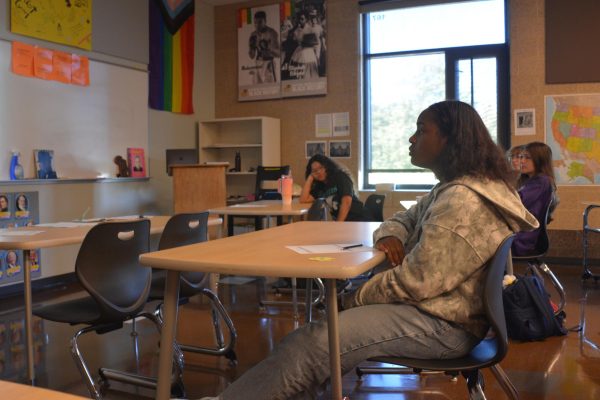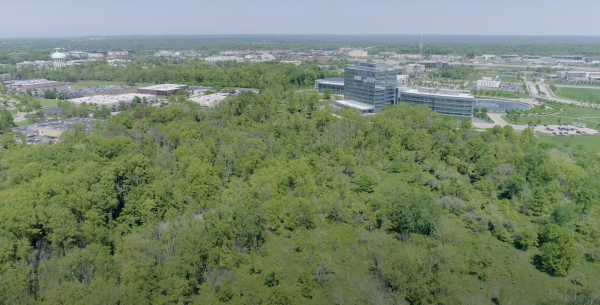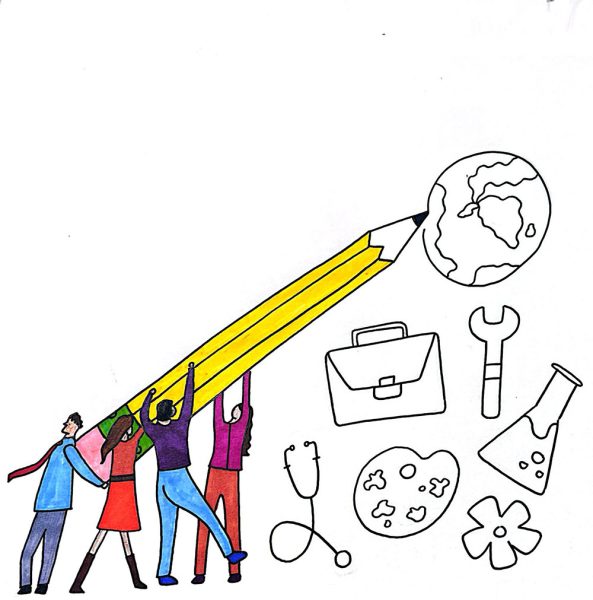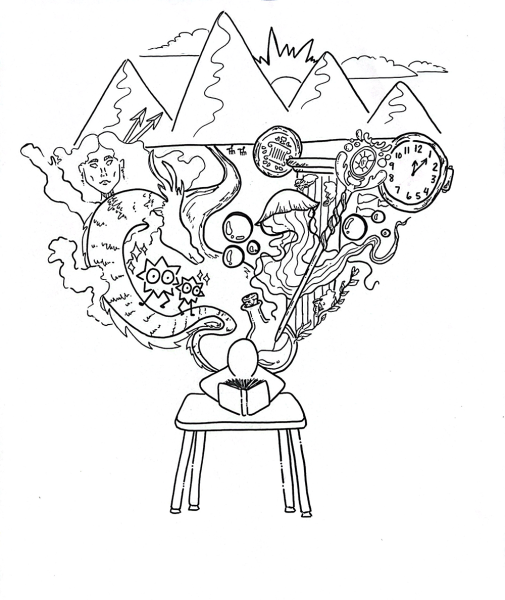Administration Moves to Reduce Paper Use in Classrooms
Since all students now have computers, teachers are sharing documents electronically rather than printing. Administrators have not made this a formal policy, but are encouraging the switch to save paper.
“[The shift is just] a more efficient use of our resources,” Principal Edward Klein said.
“We are not trying to become paperless, we are trying to use the available technologies that we have, and paper is [one of many technologies available],” Klein continued. He added that no change is permanent, and the school will adjust if something is not working properly.
“We want to be an environmentally friendly district, but not at the expense of student learning,” Director of Curriculum and Technology Ken Veon wrote in an e-mail. “We want to encourage teachers to reduce copies where it makes sense.”
Veon explained the district used over 5.5 million sheet of paper in the 2012-13 fiscal year.
“Cost is a factor, but we won’t disrupt student learning to save some money on costs. The district always looks at ways to reduce costs,” Veon wrote.
“The biggest question is “what is the purpose?” and if the answer involves using paper, no problem. If the [purpose does not require] paper, such as reading an article, looking at a picture, etc., we want teachers/staff to be responsible in the printing/copying,” he wrote.
Teachers can copy, but there are certain restrictions on copying.
“Unless it is [a document] that the kids need to write on like a test or a worksheet, copies [can not be made],” social studies teacher and BFT building representative Pam Ogilvy said.
Some students and teachers are worried about the move from paper to electronic technology.
“There’s something to be said for a student being able to actually hold a piece of paper in his or her hand and write on that piece of paper,” social studies teacher John Perse said. “There is something more human [about it].”
Veon acknowledges that some may have trouble with the transition.
“Teachers were notified about a week before school started that the Chromebooks would be unveiled to all high school students,” Ogilvy said
“This kind of shook up our world a little bit, because it was one week before school started and we were told we have to get everything on Blackboard by the time school started. It was a little bit chaotic for the first few weeks of school,” she said.
Format issues, forgotten passwords, lost files and potential network problems can be added to the list of worries for students and teachers.
“I have seen a lot of issues on the part of students when things come up in a different format,” Perse said. “There are things I can help students with, I’m just not necessarily equipped to help them [with] why doesn’t their login work?”
According to technology teacher Craig Alexander, Beachwood students have contributed to this eco-friendly mindset.
“The students actually kind of sparked this,” he said. “So the rest of the district is trying to get on board,” Alexander said.
In the last five years, students have become more eco-conscious. At previous student events, Alexander has had complaints from students about not having a recycling bin. To go along with that, the school has switched to more eco-friendly cleaners. As students have become more eco-conscious, the district has too.
“The snowball started there and kept going,” Alexander said.
Although the switch has presented some problems in the short term, administrators hope it will be a healthy shift that can be changed if necessary in the future.



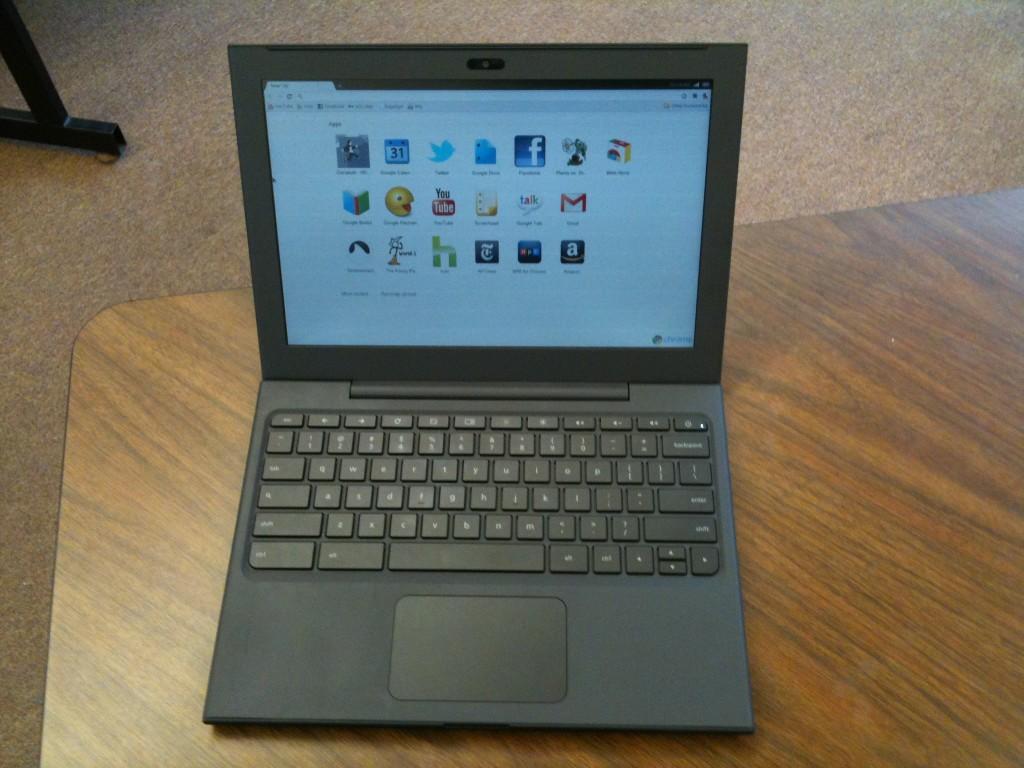
![“My parents have always said that education is important. My parents are Chinese immigrants, I'm Chinese American, [and that's a] value that has always been ingrained in our community,” said Senior Lyndia Zheng, pictured with Tony Zheng](https://bcomber.org/wp-content/uploads/2025/10/DSC_4244-600x400.jpg)


